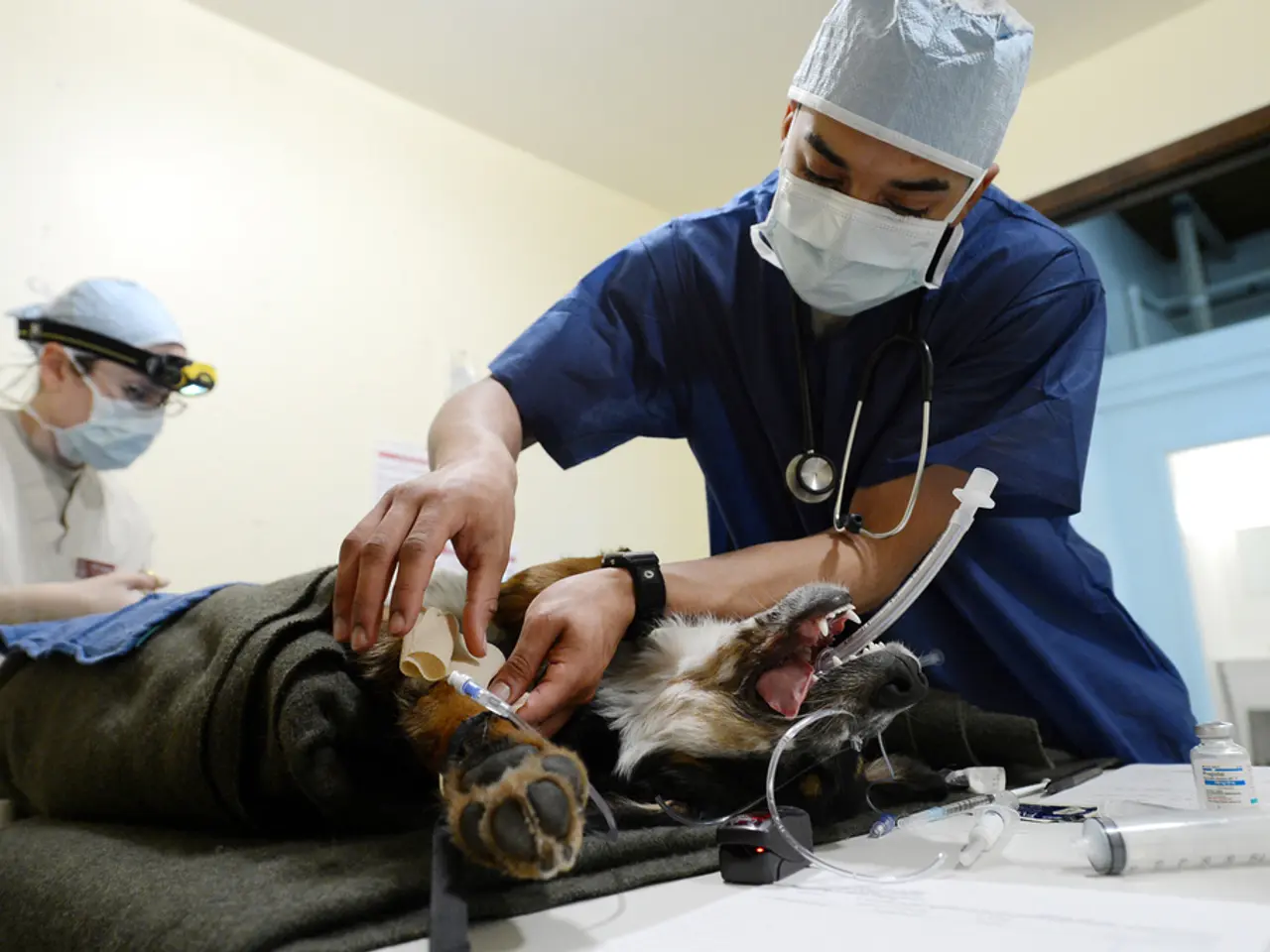Treatment using PFAS-based drugs set to commence by year's end, confirms government authorities
In a significant development, the government has confirmed that a course of medication will be offered to islanders with high levels of the chemical PFAS in their blood. This announcement follows the release of an independent panel's report on PFAS, a group of chemicals linked to several serious health conditions.
The mean figure for PFAS levels in the blood serum of islanders within the plume area is 23.9 ng/ml, according to the report. This level has raised concerns, as the independent panel has linked elevated PFAS levels with certain health concerns such as raised cholesterol, kidney cancer, and testicular cancer.
The government's response to the independent panel's report notes a lack of evidence of harm at lower PFAS levels. However, a "stop level" has been determined for treatment with colesevelam, set at 20 ng/ml for men and 10 ng/ml for women of child-bearing potential.
The eligibility criteria for the medication are being widened to include those who have potentially been exposed to the chemical through their employment, as well as residents who have lived within the extended plume area for one year or longer and used private borehole water.
Professor Peter Bradley, a local health expert, has stated that anonymous testing was not acceptable, given that many islanders would want to know the results of their tests. There were significant concerns about the ethics of testing blood anonymously without explicit and informed consent from the individual.
The government has not accepted the recommendation for anonymous blood testing. Instead, specialist clinical assistance will be available later this year for islanders who had their blood tested by Public Health in 2022.
The independent panel's third report will be discussed at a public meeting at Les Quennevais School on 10 September at 6.30pm. This meeting will provide an opportunity for islanders to learn more about the report's findings and the government's response.
PFOS, a particular type of PFAS, was an ingredient in firefighting foam sprayed at the airport for many years until the early 1990s. This could potentially explain the high levels of PFAS found in the island's population.
The government has accepted the majority of recommendations from the independent panel on PFAS but has yet to commit to an island-wide testing programme. The panel had recommended anonymous testing across the island to establish background levels of PFAS, but this was considered "problematic" by the director of public health.
It is hoped that the medication and clinical assistance will help to address the health concerns of those with high PFAS levels. However, the search for a long-term solution to the PFAS problem continues.








